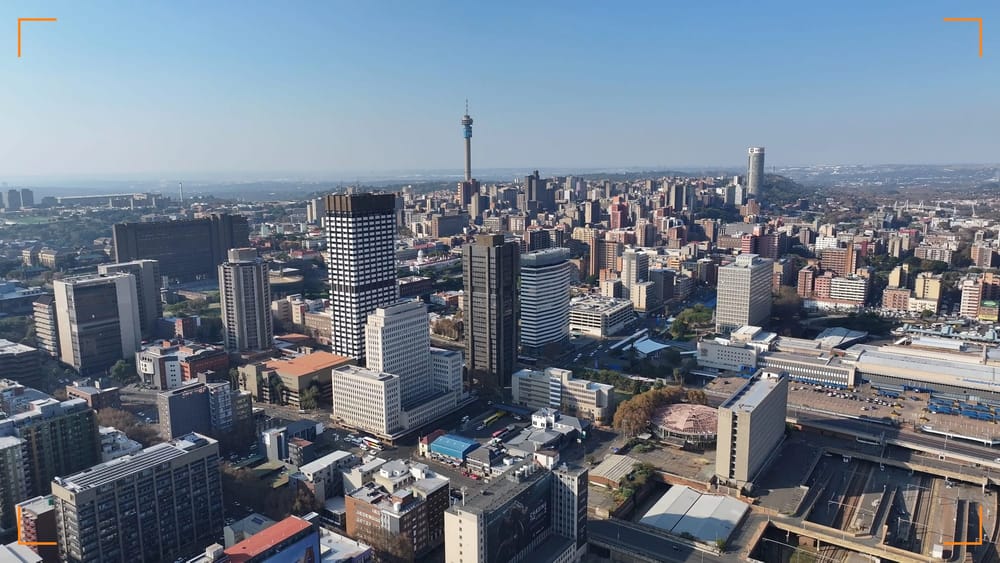Europe-Eurasia - Eurasia RegionalPULSE: 21 AUG 2025
Geopolitical & Security Analysis Regional Report

Report Details
Initial Publish Date
Last Updated: 21 AUG 2025
Report Focus Location: Eurasia
Authors: JH, MA
Contributors: GSAT
GSAT Lead: MF
RileySENTINEL provides timely intelligence and in-depth analysis for complex environments. Our global team blends international reach with local expertise, offering unique insights to navigate challenging operations. For custom insights or urgent consultations, contact us here.
Report Summary
This study presents a thorough examination of the current geopolitical and security environment throughout Europe-Eurasia, with an emphasis on high-profile developments in Eurasia.
- Armenia-Azerbaijan peace breakthrough — The U.S.-brokered Joint Declaration and the launch of the Trump Route for International Peace and Prosperity (TRIPP) mark a historic step toward ending a nearly four-decade conflict, opening a potential $45B corridor for trade and energy infrastructure connecting Eurasia to European and Mediterranean markets.
- Russia’s dual-track challenges — While Putin secured U.S. support to prioritize a comprehensive peace settlement over an immediate Ukraine ceasefire, domestic pressures mount from a >50% drop in grain exports, falling energy revenues, and looming sanctions, threatening economic stability.
- Energy sector gains — Turkey discovered 57M barrels of oil and 3B m³ of natural gas in the Black Sea, Kazakhstan launched a $15B nuclear power plant project, and Tajikistan signed a 20-year Rogun HPP electricity supply deal with Uzbekistan, reinforcing Eurasia’s role in regional energy security.
- Heightened sanctions environment — U.S. and UK sanctions targeted Kyrgyz financial institutions, crypto networks, and Iranian transit routes, disrupting Russia-linked funding channels and complicating regional energy export strategies.
- Security flashpoints —
- Tajikistan strengthened defenses along its 1,300 km Afghan border amid rising ISIS infiltration risks.
- Azerbaijan deployed Turkish-made naval drones in the Caspian Sea, expanding its maritime strike capabilities amid tensions with Russia and Iran.
- Uzbekistan dismantled a major gold smuggling network worth $415K, highlighting transnational criminal risks.
- Environmental stressors — Turkey faces its worst drought in 52 years, with reservoirs like Naip Dam at 0%, forcing emergency water restrictions. In Kyrgyzstan, accelerating glacier melt threatens regional freshwater security and long-term stability.
- Domestic modernization drives — Uzbekistan launched “New Tashkent,” a 20,000-hectare smart city project to host 2M residents, while Kazakhstan announced plans to become a Eurasian AI hub, positioning the region for digital transformation and innovation leadership.
- Geopolitical realignments — TRIPP investments and Western mediation efforts could shift Armenia and Azerbaijan away from Russian and Iranian influence, while regional actors balance integration with the West against preserving strategic ties with Moscow and Tehran.
- Persistent economic pressures — Beyond Russia’s export decline, Turkmenistan’s gas deal with Iraq stalled due to U.S. sanctions on Iran, underscoring how geopolitical constraints continue to limit Eurasia’s energy diversification.
- Opportunities vs. risks — Eurasia’s growing energy capacity, infrastructure investments, and digital innovation initiatives create pathways for economic growth, but unresolved security threats, sanctions exposure, and environmental vulnerabilities continue to test regional resilience.
Remaining content is for members on Charter Member only.
Please subscribe to Charter Member and unlock this article and more content.
Subscribe Now






